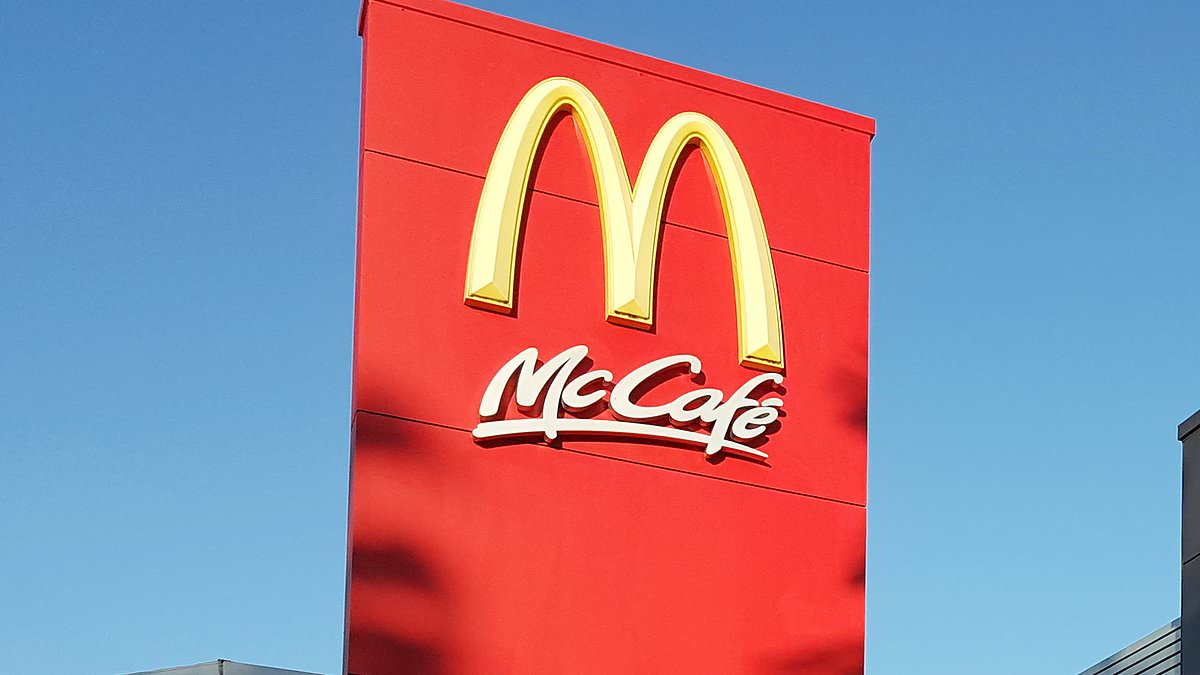Across the country, furious Aussies are banding together to block McDonald’s aggressive plan to open 50 new outlets by the end of 2026 – as millions of others continue to enjoy Big Macs and McFlurries.
Despite already operating 1,053 stores nationwide, McDonald’s latest push into neighbourhoods from inner-city Newtown in Sydney to leafy Hendra in Brisbane is fuelling local resistance over traffic, and the loss of local identity.
The latest flashpoint is in Newtown, where a development application was recently lodged for a 24/7 outlet in a renovated late-Victorian building, next to the popular, family-run Clem’s Chicken.
This follows a string of proposed restaurants sparking public outcry: In May, a McDonald’s in Redfern was blocked after strong objections from police and Aboriginal organisations; and a proposal for a franchise in the northern Sydney suburb of Balgowlah was also rejected by the Northern Beaches Local Planning Panel over community concerns about traffic congestion and potential antisocial behaviour.
In Melbourne’s inner north, a planning proposal submitted to Darebin City Council seeking to convert a vacant site into a 24/7 McDonald’s outlet has been opposed by the community, citing concerns about preserving the area’s character.
In the Brisbane suburb of Hendra, a new McDonald’s has council approval but remains under legal challenge amid significant community backlash.
Residents have chipped in an estimated $100,000 to lodge a Planning and Environment Court appeal against the plans on the grounds it is in a character area.
It’s a similar story in the Perth Hills suburb of Kalamunda, where McDonald’s has proposed to build a new store less than a kilometre from schools and a childcare centre.
McDonald’s development manager Luke Hammond disagrees with community opponents who believe there is no public benefit in having an outlet in their area, highlighting that new restaurants bring jobs for young people.
‘We’ve been in for over 50 years… even though we’re an American business we spend $1billion locally on n produce from Aussie suppliers,’ he said.
‘We’re not just here to take advantage of every conceivable single gap.’
Marketing Focus managing director Barry Urquhart said opposition to expansion plans was partly because McDonald’s fails to embody key qualities that resonate deeply with communities, namely being local, authentic, original, and distinctly n.
‘A change of store design which is better integrated into existing streetscapes would be desirable. However, the strong corporate culture will preclude such from contemplation,’ he said.
Community opposition in against McDonald’s dates back to the 1970s.
Perth councils repeatedly refused development applications from McDonald’s which was only able to gain a foothold after taking over Red Bull burger joints in 1982, a decade after their n debut in western Sydney in 1971.
But Mr Urquhart said McDonald’s real business isn’t burgers, it’s real estate.
In the 1950s, the company’s strategy of buying land and leasing it to franchisees became a cornerstone of its operations.
‘The McDonald’s success story is not how many burgers and profit they make; they are essentially a property development company,’ he said.
‘And they have very deep pockets and that’s why they win all the time.’
Mr Urquhart added McDonald’s is ‘brilliant’ at opportunistic marketing.
‘Everyone says it’s all about price but it’s about convenience and access,’ he said.
One area of that McDonald’s has no plans to expand into is the seaside suburb of Manly.
The area has become synonymous with upmarket food outlets offering acai bowls and turmeric tofu scrambles.
Manly has had no fast food outlets since McDonald’s shock decision to close its Manly Wharf outlet in 2019 after nearly two decades.
But unlike many, born-and-bred Manly local Jens Ward is supportive of a Big Mac in his ‘burb.
Mr Ward said it was ‘extraordinary’ there wasn’t a single traditional fast food outlet in the tourist destination.
‘I used to enjoy my hangover brekky at McDonald’s at the wharf, then they closed shop when their lease expired,’ he said.
‘I thought they would relocate because they always had long queues.
‘Then I was forced to go to Hungry Jack’s on The Corso.’
But Hungry Jack’s also closed in Manly during COVID, closely followed by Domino’s and KFC.
Mr Ward said Manly was made for selling fast food.
‘I find it extraordinary that traditional fast food outlets aren’t on The Corso, considering the ferry disgorges hundreds of sightseers every half hour,’ he said.
‘Yes, rents are extortionate but you would think that these major fast food outlets would demand a presence there.’
